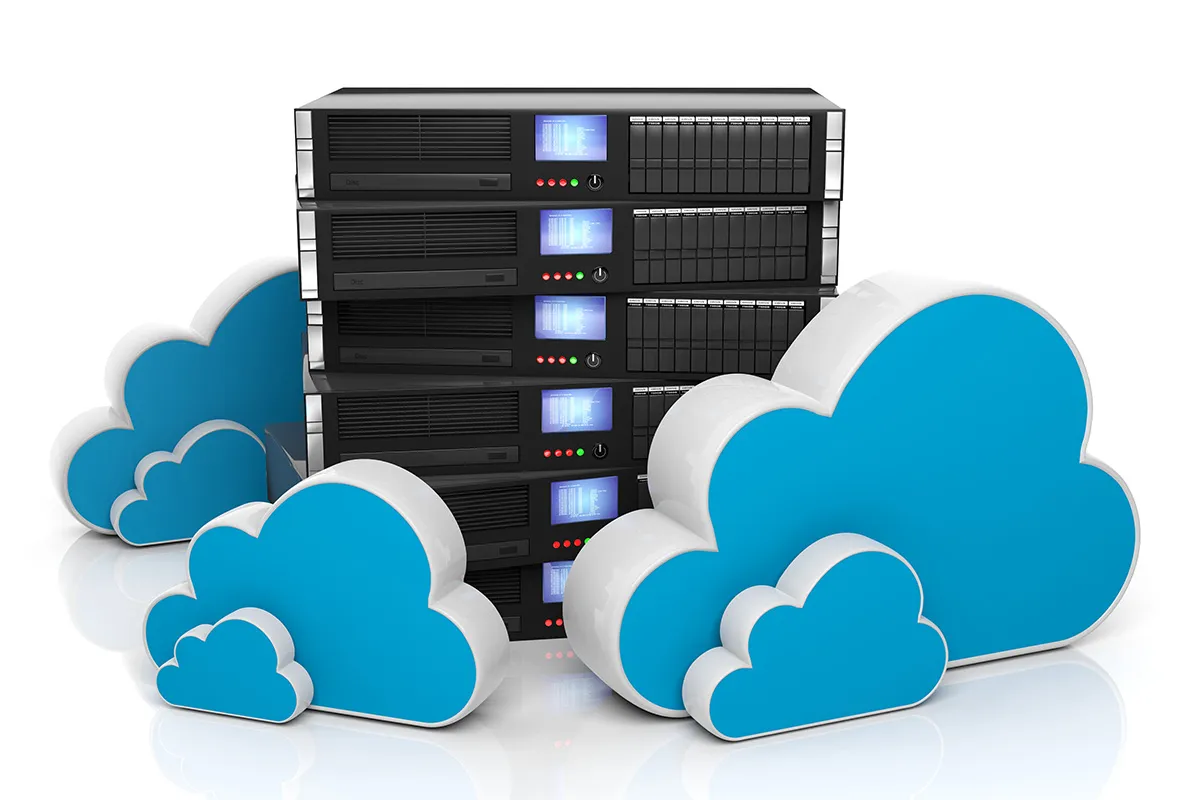Selfhosted
A place to share alternatives to popular online services that can be self-hosted without giving up privacy or locking you into a service you don't control.
Rules:
-
Be civil: we're here to support and learn from one another. Insults won't be tolerated. Flame wars are frowned upon.
-
No spam posting.
-
Posts have to be centered around self-hosting. There are other communities for discussing hardware or home computing. If it's not obvious why your post topic revolves around selfhosting, please include details to make it clear.
-
Don't duplicate the full text of your blog or github here. Just post the link for folks to click.
-
Submission headline should match the article title (don’t cherry-pick information from the title to fit your agenda).
-
No trolling.
Resources:
- selfh.st Newsletter and index of selfhosted software and apps
- awesome-selfhosted software
- awesome-sysadmin resources
- Self-Hosted Podcast from Jupiter Broadcasting
Any issues on the community? Report it using the report flag.
Questions? DM the mods!
view the rest of the comments

I've been using rsync.net for a while now. It's been stable, fast, and relatively inexpensive. There's also the benefit that it's easy to script automated backups directly to it. For more Dropbox-like functionality, I have a Nextcloud instance that uses rsync.net as external storage. It's been great so far!
I like that I can interface with it in ways that I already understand (eg rclone, sync, sshfs).
Being able to run some commands on the server meant that I could use rclone to copy my AWS and OneDrive backups directly cloud-to-cloud.
They require you to buy a minimum of 800Gb, which for most people is an overkill
Is it? I'm genuinely asking. I haven't seen statistics on how much storage people looking for cloud backup solutions use, but to me, anything under 1TB seems too small to be worth it, these days.